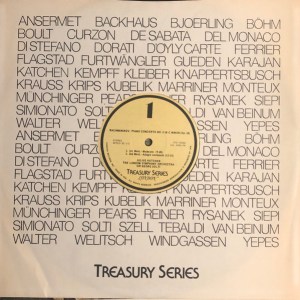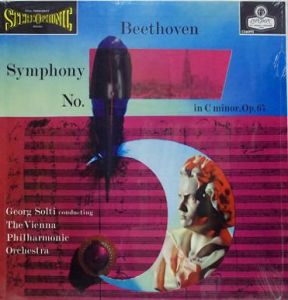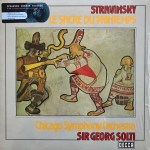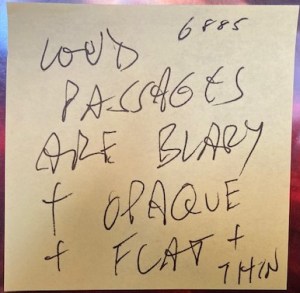 More of the Music of Felix Mendelssohn
More of the Music of Felix Mendelssohn
Reviews and Commentaries for the Music of Felix Mendelssohn
Awful sound. It’s bright, dry and flat, with strident strings.
The sound is much too unpleasant to be played on high quality modern equipment.
If your system is dull, dull, deadly dull, the way older systems tend to be, this record has the hyped-up, bright and aggressive sound that is sure to bring it to life in no time.
There are scores of commentaries on the site about the huge improvements in audio available to the discerning (and well-healed) audiophile. It’s the reason Hot Stampers can and do sound dramatically better than their Heavy Vinyl or audiophile counterparts: because your stereo is good enough to show you the difference.
With an old school system, you will continue to be fooled by bad records, just as I and all my audio buds were fooled thirty and forty years ago. Audio has improved immensely in that time. If you’re still playing Heavy Vinyl and other audiophile pressings, there’s a world of sound you don’t know you’re missing.
We discussed the issue in a commentary from years back entitled some stereos make it difficult to find the best sounding pressings. My advice is to get better equipment and that will allow you to do a better job of recognizing bad records when you play them.
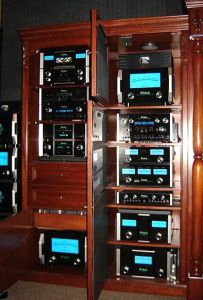 A stereo that sounds like an old console, even one that has expensive new components — there are plenty of those sitting in audiophile’s listening rooms, bathing the listeners in an artificial blue light, perhaps as artificial as the quality of the sound — is perfect for all your bad sounding Golden Age recordings. The signal goes in one end of the electronics and not much of it comes out the other, or at least not much of the good stuff comes out the other.
A stereo that sounds like an old console, even one that has expensive new components — there are plenty of those sitting in audiophile’s listening rooms, bathing the listeners in an artificial blue light, perhaps as artificial as the quality of the sound — is perfect for all your bad sounding Golden Age recordings. The signal goes in one end of the electronics and not much of it comes out the other, or at least not much of the good stuff comes out the other.
Or you could get that old console sound by powering your system with the Mac 30s you see below. They, like most vintage tube equipment, are very good at hiding the faults of old records (and plenty of new ones too).
If more early Londons had sound as bad as this Mendelssohn recording from 1959, we would happily admit that going the Heavy Vinyl route is an approach worth pursuing
Yes, of course there are a great many bad sounding vintage pressings — we should know, we’ve played them by the hundreds — but the number of bad modern Heavy Vinyl pressings would surely give them a run for their money and then some.
There are plenty of others besides this Mendelssohn disc that we’ve run into over the years with sonic shortcomings. Here are some of them, broken down by label.
- London/Decca records with weak sound or performances
- Mercury records with weak sound or performances
- RCA records with weak sound or performances
Our Pledge of Service to You, the Discriminating Audiophile
We play mediocre-to-bad sounding pressings so that you don’t have to, a free service from your record-loving friends at Better Records.
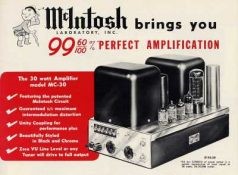 You can find this one in our hall of shame, along with others that — in our opinion — are best avoided by audiophiles looking for hi-fidelity sound. Some of these records may have passable, but the music is weak. These are also records you can safely avoid.
You can find this one in our hall of shame, along with others that — in our opinion — are best avoided by audiophiles looking for hi-fidelity sound. Some of these records may have passable, but the music is weak. These are also records you can safely avoid.
We also have an audiophile record hall of shame for records that were marketed to audiophiles with claims of superior sound. If you’ve spent much time on this blog, you know that these records are some of the worst sounding pressings we have ever had the misfortune to play.
We routinely put them in our Hot Stamper shootouts, head to head with the vintage records we offer. We are often more than a little surprised at just how bad an “audiophile record” can sound and still be considered an “audiophile record.”
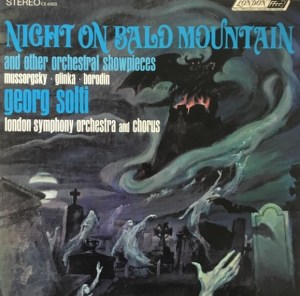
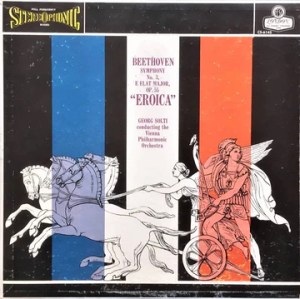
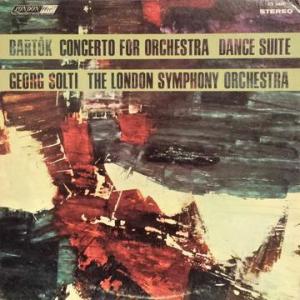

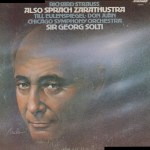
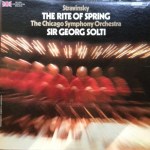
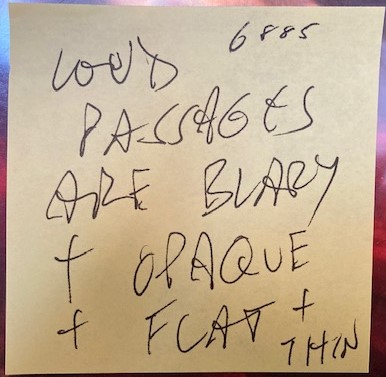
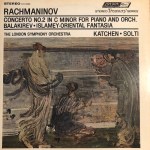 Reviews and Commentaries for the Music of Sergei Rachmaninoff
Reviews and Commentaries for the Music of Sergei Rachmaninoff